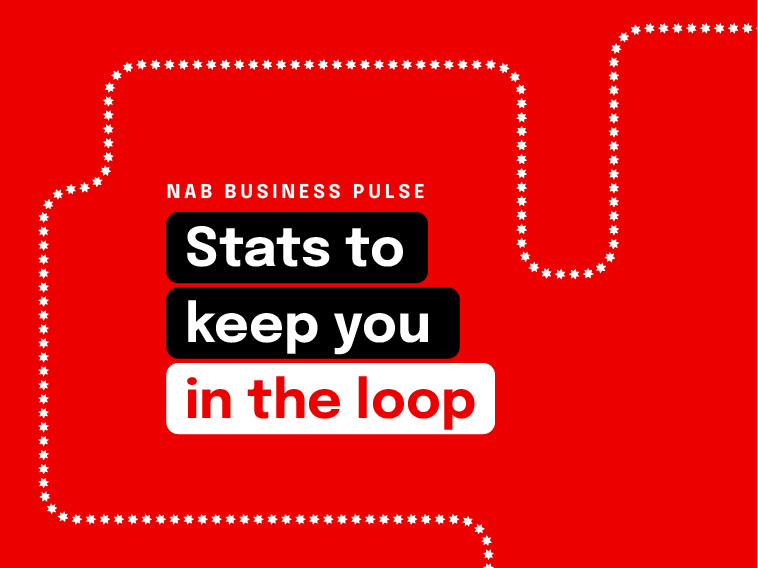The good news is business conditions are up again. So, what’s driving them? We put you in the know.

Article
Deliver humanity to a customer and they will treat you like a friend not a vendor. Don Peppers tells us the four key components to creating a frictionless customer experience.

According to Moore’s Law, every 20 years computers get 1,000 times more powerful. And according ‘Zuckerberg’s Law” every 20 years we have 1,000 more social interactions. We can automate more and more calls and interactions, but
empathy will never be fully automated. We’ll be able to streamline easy interactions but the ones we can’t automate will be hard, so we’ll need more skills to deliver on fewer human interactions.
That means customers are the biggest disruptors of all because their expectations are always rising. All they need is a visionary CEO to realise those expectations. By the end of 2015 the largest hotelier in the world will be airbnb – its only real asset is customers. But the reality is customers create more value more quickly than any other business asset. For example, Google’s value is three times greater than all US airlines combined even though the tangible assets of Google are far lower.
Amazon relies on a single customer experience metric more than any other – the negative resolution rate. This focuses directly on problems, providing a quicker route for eliminating friction. Amazon uses a universal sample size because it focuses on individual problems.
You can also minimise friction through using technology to unite the online and contact centre customer experience through proactive chat, “Call Me” buttons and temporal phone numbers. You can also use technology to embed human interaction into web or mobile application by deep linking and through technology independent routing.
There’s little correlation between a good customer experience and a higher level of loyalty, but there’s a very high correlation between a bad experience and customer disloyalty. Customers want problems solved quickly, conveniently and competently. Delivering a frictionless experience removes obstacles. Peppers outlines four key components to a frictionless experience:
Reliability: works as advertised; responsive; privacy is protected; employees can apply common sense;
Relevance: different customers are treated differently but appropriately; analytics are used to differentiate customers; channels are used for customer insights;
Value: good service, priced fairly; no hidden costs or pricing tricks; an obvious value proposition;
Trustworthiness: proactive about the customers’ interests, apologetic about mistakes; empathetic and authentic.
When you deliver humanity to employees they’ll deliver humanity to customers.
For non automated interactions you need employees to be engaged with your business and with your mission. When you enable a self organising company, where problems are solved without top down involvement, you enable a great customer experience.
Deliver humanity to a customer and they will treat you like a friend not a vendor.
For more information visit the NAB World Business Forum 2015 live insights hub.
© National Australia Bank Limited. ABN 12 004 044 937 AFSL and Australian Credit Licence 230686.